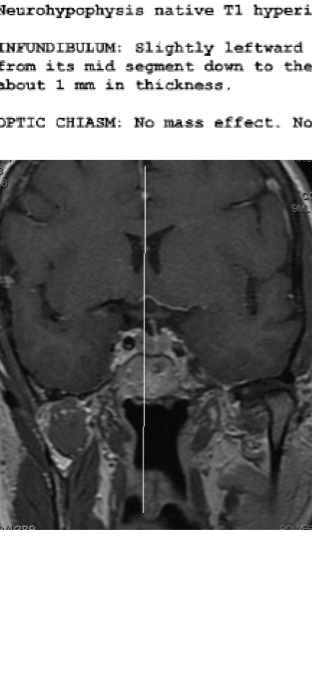Aging
Many perimenopausal and postmenopausal women experience joint pain and stiffness. As our estrogen declines, our joint health and bone health can be impacted. Not only are we at risk for osteoporosis, but our risk for autoimmune and inflammatory diseases increases. Estrogen has anti-inflammatory properties, stimulates new bone formation, and improves muscle mass and function. It also improves collagen content but at the cost of reducing ligament and tendon stiffness which can increase our risk of injury with sports and exercise as we age.
Many women I meet in my office have concerns about joint aches and pains, and they want to know if MHT can help. I don’t keep a running tab, but I would say at least half of the women I start on MHT feel improvement in their joint pain. Joint pain is not an FDA-approved indication for hormone therapy, but there is some data to support its use for joint pain.

Data For Hormones
Observational studies show mixed results. However, in two retrospective analyses of the Women’s Health Initiative study, hormone therapy was shown to positively impact joint pain. In the first study, HT (estrogen plus progesterone) was shown to reduce joint pain compared to placebo 47.1% versus 38.4% and to reduce general aches and pains 49.3% versus 43.7%.1 In the second study, women on estrogen therapy compared to placebo had less joint pain 76.3% vs 79.2% and less severe joint pain but more swelling.2
At least we have some evidence that hormone therapy may help with joint pains, but it would be lovely to have more studies, especially with the types of hormone therapy we use now.
Frozen Shoulder
Along with generalized joint pain, the occurrence of frozen shoulder or adhesive capsulitis can increase around menopause. Frozen shoulder affects mainly women between the ages of 40 and 60. Other risk factors include thyroid disease, diabetes, autoimmune diseases, prolonged immobility of the shoulder after an injury or surgery, Parkinson’s disease, and stroke. Duke University did a study where they analyzed medical records from 2000 women who presented with diagnoses of shoulder pain, shoulder stiffness, or adhesive capsulitis. Women taking hormone replacement therapy showed a decreased risk of being diagnosed with frozen shoulder as compared to women not taking HRT–4% vs. 7.7%.3
References:
1 Barnabei VM, Cochrane BB, Aragaki AK, et al. Women’s Health Initiative Investigators. Menopausal symptoms and treatment-related effects of estrogen and progestin in the Women’s Health Initiative. Obstet Gynecol 2005;105:1063-1073
2 Chlebowski RT, Cirillo DJ, Eaton CB, et al. Estrogen alone and joint symptoms in the Women’s Health Initiative randomized trial. Menopause 2013;20:600-608
3 Saltzmann et al. Is Hormone Replacing Therapy Associated with Reduced Risk of Adhesive Capsulitis in Menopausal Women? A Single Center Analysis. Orthop J Sports Med. 2023 Jul; 11(7 supple3):2325967123S00174. Published online 2023 Jul 31.




